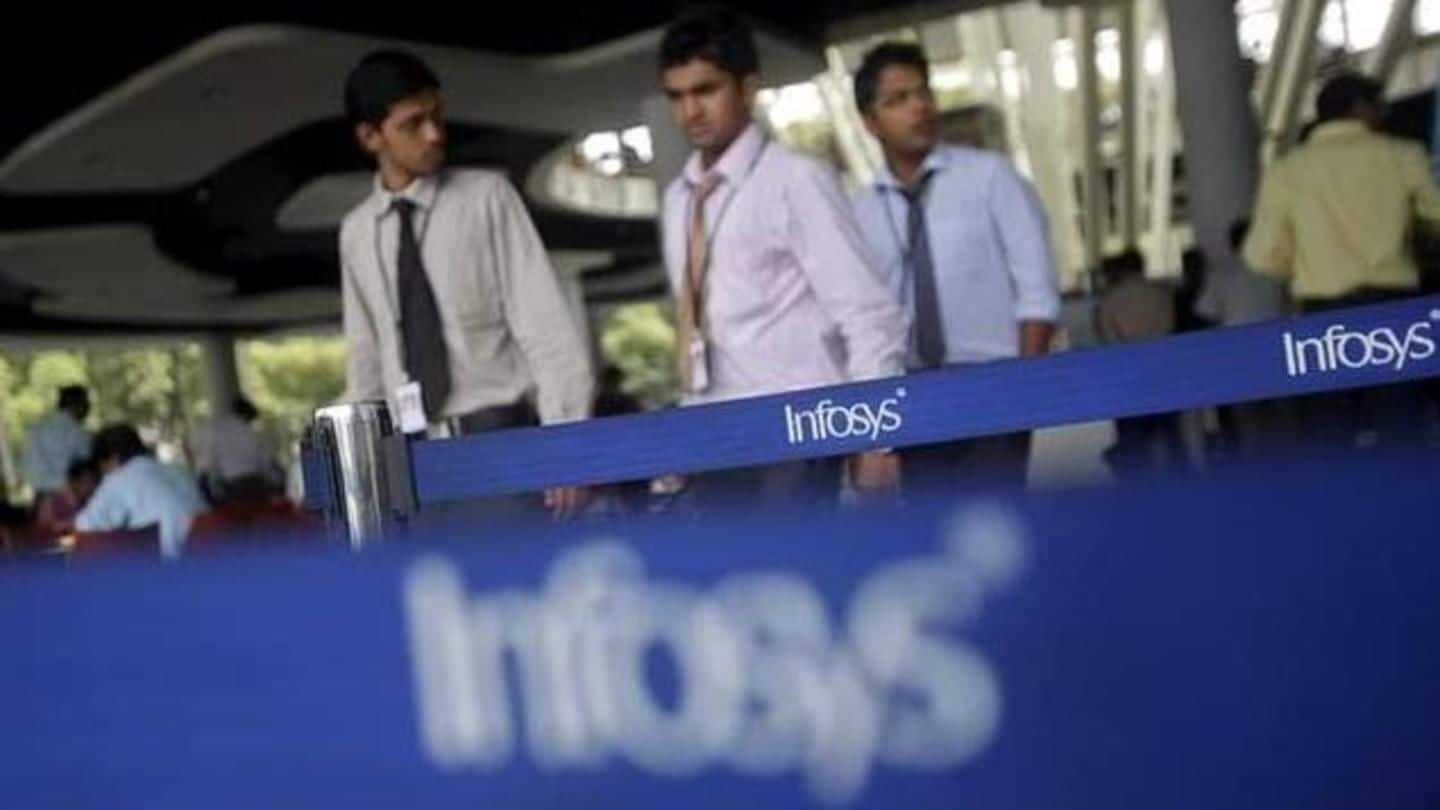
Stricter H-1B norms forces companies to mull other options
What's the story
The US' tighter restrictions on the H-1B visas, popular among highly skilled Indians looking to move abroad, have affected both applicants and prospective employers. "Indian consulting firms, which have been accused of flooding the system with applications, have dramatically reduced their filings," reported the San Francisco Chronicle (SFC). Meanwhile, "foreign nationals are exhibiting new reluctance to make the jump to a US company."
Definition
What is the H-1B visa?
The H-1B is a non-immigrant visa that allows US companies to employ foreign workers in specialty occupations requiring theoretical or technical expertise. Technology companies depend on it to hire tens of thousands of employees each year from countries like India and China.
Changes
The Trump administration has brought several changes tightening rules
The Trump administration has introduced many changes. Unlike the earlier three-year tenure, H-1B visas will now be granted for only the time the beneficiary has specified work in the US. H-1B-holders wouldn't be able to move between projects/firms in America. All duplicate applications filed for one candidate, and those requesting earlier employment start-date, will be rejected. Premium processing for most has been suspended too.
Information
Both candidates and employers are bearing the brunt
Candidates are apprehensive about having to submit details of their social media profiles, emails and phone numbers from the last five years. On the opposite side, for Indian companies, the charge for applications ($6,000/Rs. 3.9L) is much higher than firms of other countries.
Impact
Employers have had to delay projects or transfer work outside
Unsurprisingly, this has impacted the market negatively. According to Envoy Global, an immigration services provider, 26% employers have had to delay projects, and 22% have relocated work overseas. Economist Daniel Culbertson said that in February, "searches for H-1B as a share of all searches on 'Indeed.com' are down 9% from 2017." "This also marks the thirteenth consecutive month of year-over-year declines," he added.
Umemployment
Particularly worrisome considering lakhs of jobs lying vacant
This is a worrisome scenario when jobs are plenty but workers aren't. According to the Wall Street Journal, there are 548,000 open tech jobs, but unemployment in the sector hovers below full employment levels. "When companies are allowed to hire workers with the best skills for the job— regardless of where they were born— their increased competitiveness boosts all industries around them," SFC said.